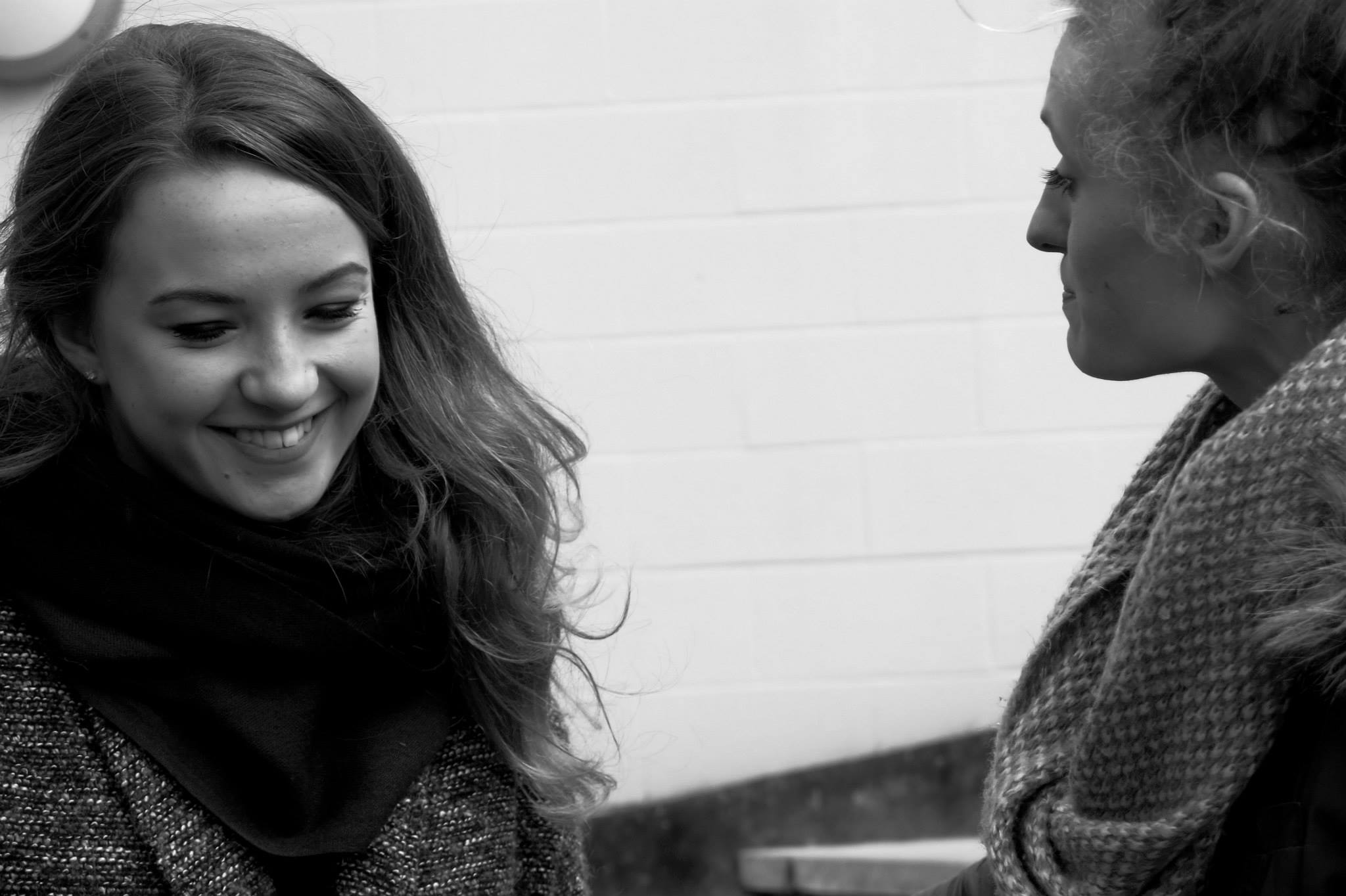Star cross’d lovers come out
It’s November. It’s cold and rather damp, yet a group of us are standing around in the piazza. Why? We’re here to watch the WUDS production of Romeo and Juliet. With the release of the film only last month, this adaptation capitalises on Romeo and Juliet’s current popularity. It’s a real shame that by the time you read this, it will be too late for you to go and see this excellent production yourself, as it was only performed for three days. The promenade piece was performed mainly outside and the atrocious weather unfortunately slightly hampered the play, with some of the words being lost to the wind and drizzle of the day, in spite of fantastic acting. But the show must go on, and so it did, as we worked our way through the classic story, following the action into the SU, the Mighty Duck and various outside spots on campus. Despite its drawbacks, the performance spaces gave the production a unique dynamism. By transforming the SU into the stage for the play, the director (John Servante) brought Shakespeare’s play into the 21st Century.
This adaptation aimed to present Romeo and Juliet in a new, homosexual light. The two leads were played by women, a casting by which the director was attempting to ‘shift the focus from our expectations of love and romance to an examination of human interaction and our natural craving for companionship’. This lead to some confusion, however, as there was never any real emphasis on the fact that the leads were lesbians, or that their relationship was illicit because of the fact. It’s only mention was when a ‘he’ was changed to a ‘she’ or ‘my man’ was switched for ‘my girl’. In fact, the majority of the cast were women (eleven out of sixteen roles) which is atypical for any Shakespearean work. The role reversal was interesting, with the nurse being played by a male (Josh Alsopp) while the friar was portrayed by a female (Lucy Bird). Both of these roles were performed beautifully, highlighting that perhaps it doesn’t matter which gender performs a role, as long as they have tapped into what really makes their character tick.
I think that in attempting to present Romeo and Juliet from an LGBT perspective, the adaptation may have been fighting a losing battle. In order to emphasise a lesbian relationship at the heart of the play, almost every aspect of the work would have to have been changed, and in doing so, the very integrity of Shakespeare’s script would have been lost; swallowed up by the focus on the characters’ sexualities rather than their love story. The fact that the LGBT interpretation didn’t quite work as a concept did not however affect the quality of the performance, it just meant that it wasn’t quite as radical or bold as perhaps was originally intended.
The cast was excellent though there were a few stand-out performances for me. Lucy Birdwas perfectly cast in the role of the friar, coming across as warm and caring. Secondly, Rebecca Webster’s portrayal of Mecurtio gave us a woman addled by drugs, yet still charismatic and lively. Webster’s vocal projection sliced through the drab weather, drawing the audience back into the play and re-capturing our attention away from the cold. Finally, Ronan Hatful’s Capulet seemed to play every move as dictated by love for his family, whether he was arranging Juliet’s marriage to Paris, or raging that Juliet wasn’t grateful for his work. His Capulet came across as unusually genuine and authentic.
WUDS’ Romeo and Juliet has made me hope to see more Shakespearean works transformed in dynamic, new, unconventional spaces in the future.

Comments